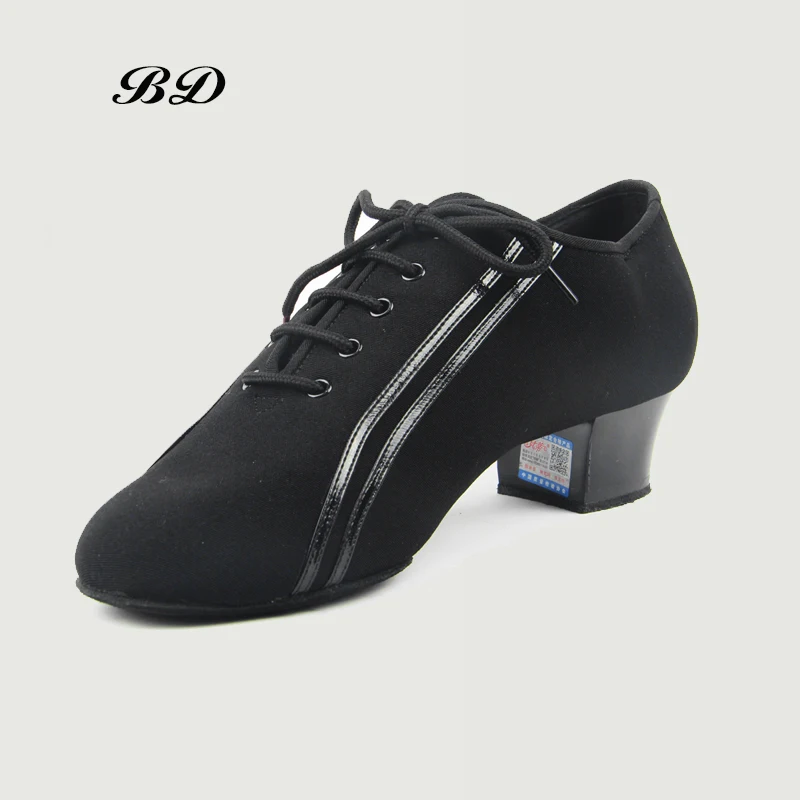Why Isn't Poomsae a Part of Taekwondo in the Olympics?
Poomsae, a vital part of Taekwondo that involves the practice of predetermined sequences of movements, is conspicuously absent from the Olympic program. Despite its significance in the martial art, it remains a notable omission from the world's most prestigious sporting event.
One possible reason for this exclusion is the emphasis on sparring in Olympic Taekwondo. Sparring showcases the physical and tactical aspects of the sport, which align with the Olympic values of athleticism and competition. Poomsae, on the other hand, is primarily focused on precision and technique, which may not be as visually appealing or easily quantified for Olympic competition.
Additionally, the difficulty in judging poomsae objectively poses a challenge for Olympic inclusion. Different interpretations and preferences among judges could lead to inconsistencies and controversies, potentially hindering the impartiality that is crucial in Olympic events.
Another factor that may have contributed to poomsae's absence from the Olympics is the limited spectator appeal compared to sparring. While poomsae is undoubtedly an impressive display of skill and athleticism, it lacks the same adrenaline-pumping intensity and dynamic confrontations that characterize Olympic sparring matches.
Despite these challenges, the Taekwondo community continues to advocate for the inclusion of poomsae in the Olympics. Its educational value, cultural significance, and role in promoting mental and physical well-being make it a worthy candidate for Olympic recognition.
Questions and Answers:
- Is Poomsae a part of traditional Taekwondo? Yes, it is an essential component that emphasizes precision and technique.
- Why is sparring prioritized in Olympic Taekwondo? It aligns with Olympic values of athleticism and competition, showcasing the physical and tactical aspects of the sport.
- What are the challenges in judging poomsae objectively? Different interpretations and preferences among judges can lead to inconsistencies and controversies.
- Does poomsae have limited spectator appeal compared to sparring? Yes, it lacks the intensity and dynamic confrontations that characterize Olympic sparring matches.
- Is the Taekwondo community advocating for poomsae's inclusion in the Olympics? Yes, they recognize its educational value, cultural significance, and role in promoting well-being.
Pre:Why did Palestinians kill Israeli athletes during the 1972 Munich Olympic games
Next:I want to represent India in Olympics 100m athletics What is the eligibility criteria to get selected in the Olympics



















